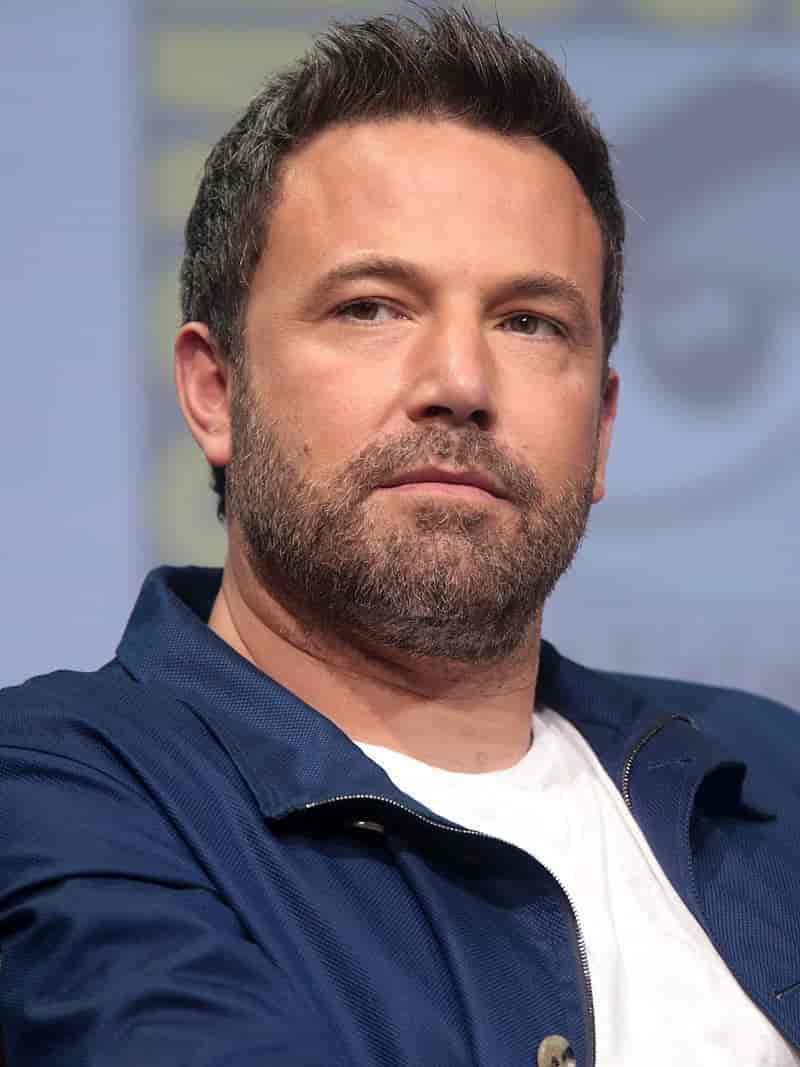
The world of Hollywood seems like a dream factory, where glamorous stars bring incredible stories to life on the big screen. We, as audiences, often get swept away by the magic, cheering for our heroes and shedding tears for their struggles. But beneath the glitz, the premieres, and the endless promotions, there’s a fascinating layer of candid honesty that sometimes surfaces – especially when actors are asked about their career choices.
It turns out, not every role is a cherished memory, and not every film gets a standing ovation from its own cast. In fact, some of the biggest names in the industry have been surprisingly, and hilariously, vocal about their less-than-stellar experiences. Imagine pouring your heart and soul into a project, only to look back years later and realize it was, well, a bit of a cinematic misfire in your own eyes!
We’ve compiled a list of actors who didn’t just quietly move on from certain projects; they publicly aired their grievances, giving us a peek behind the curtain of Tinseltown’s less-than-perfect moments. From caped crusaders to animated felines, prepare to discover the films that even their stars couldn’t bring themselves to love. Get ready for some seriously honest takes from your favorite performers!
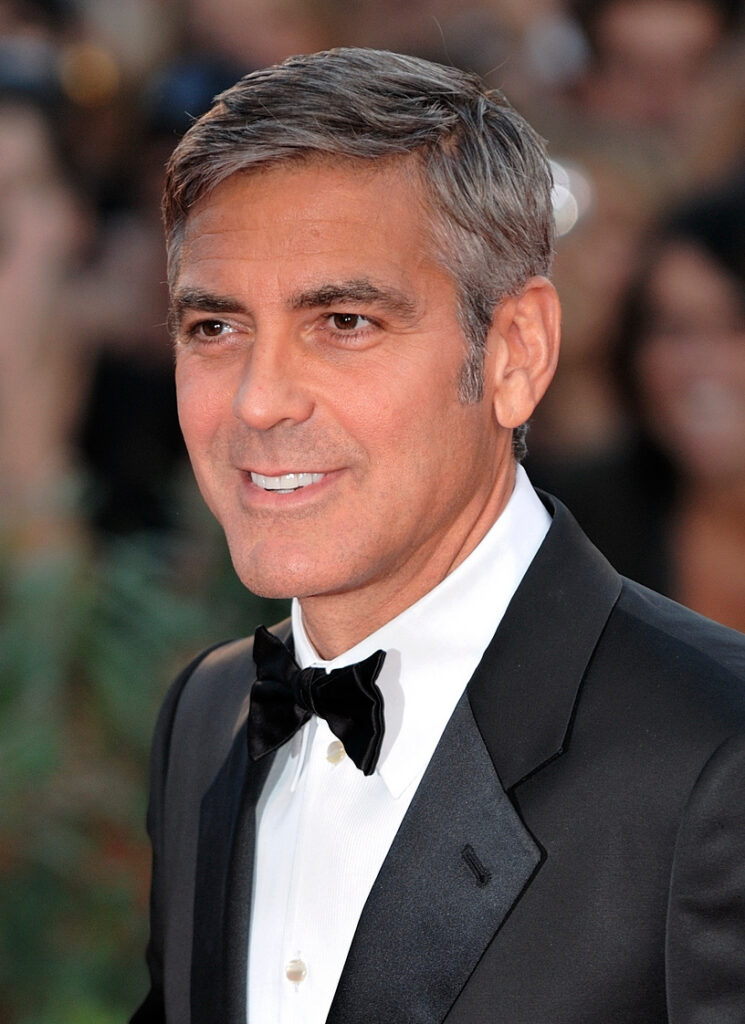
1. **George Clooney – *Batman & Robin* (1997)**George Clooney might be known today for his sharp suits and even sharper wit, but there was a time he donned a different kind of suit – one with infamous Bat. His turn as the Caped Crusader in 1997’s *Batman & Robin* is a role that has haunted him, not just in fan discussions, but in his own candid reflections. It seems even Batman can have regrets, especially when his costume becomes a talking point for all the wrong reasons.
Clooney himself hasn’t held back, admitting, “Let me just say that I’d actually thought I’d destroyed the franchise until somebody else brought it back years later and changed it.” This level of self-awareness is rare for a star of his caliber, highlighting just how deeply he felt about the movie’s reception and his part in it. It wasn’t just a bad movie; it was a potential franchise killer in his eyes.
Thinking back, Clooney had high hopes, viewing it as a pivotal career move. “I thought at the time that this was going to be a very good career move. It wasn’t,” he plainly stated. It’s a stark reminder that even with the best intentions and big-name roles, Hollywood is a fickle beast. His honesty about *Batman & Robin* has almost become as iconic as the film’s regrettable design choices.
Read more about: Still Can’t Believe You Watch Them? Dive into 12 Cult Classics Where Bad Acting Equals Legendary Fun.
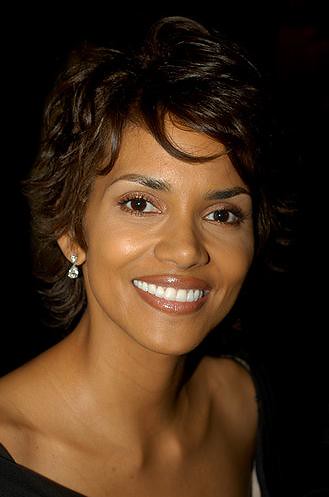
2. **Halle Berry – *Catwoman* (2004)**From Oscar winner to Razzie acceptor, Halle Berry’s journey with *Catwoman* is a masterclass in embracing perceived failure with grace and humor. While winning an Academy Award is a pinnacle achievement, showing up to accept a Golden Raspberry Award for Worst Actress? That takes a special kind of confidence, and Berry delivered, becoming one of the few actors to actually attend the ceremony in person.
Her acceptance speech was legendary, spoofing her own Oscar moment and thanking her manager, “He loves me so much that he convinces me to do projects even when he knows that it is s***.” This moment cemented her as someone who could laugh at herself and the industry’s less shining moments. It was a refreshing display of humility and a clear signal that she was very much in on the joke.
More recently, Berry opened up to Jimmy Kimmel about carrying the film’s failure. She shared, “Whatever success it had or didn’t have somehow seemed like it was all my fault. But it really wasn’t my fault.” It’s a powerful statement about the disproportionate blame often placed on leading actors for a film’s shortcomings. Her honesty continues to resonate with fans and aspiring actors alike.
Read more about: 15 Iconic Actors, 15 Forgettable Films: Ranking the Absolute Worst Movie Roles Taken by Hollywood’s Best
3. **Ben Affleck – *Daredevil* (2003)**Ben Affleck has donned the cowl of Batman with mixed results, but long before that, he suited up as another comic book hero: Daredevil. While he might have hoped for a heroic cinematic outing, *Daredevil* ended up being a source of deep regret for the actor, proving that even A-listers aren’t immune to starring in films they truly, deeply dislike. If you thought you hated *Daredevil*, prepare to discover that Affleck probably hates it even more.
In a revealing interview with Entertainment Weekly in 2007, Affleck didn’t mince words. He declared, “Daredevil didn’t work at all.” He even added a humorous, if slightly exasperated, caveat: “If I wanted to go viral, I would be less polite.” This kind of blunt assessment shows a genuine dissatisfaction with the final product and speaks volumes about his professional experience on the film.
Despite his rocky start in the superhero genre, Affleck did give it another shot, taking on the role of Bruce Wayne for *Suicide Squad* and *Batman v Superman*. While these were perhaps better than *Daredevil*, they were still “underwhelming.” His journey through the superhero landscape is a testament to perseverance, even when initial attempts leave a bitter taste.
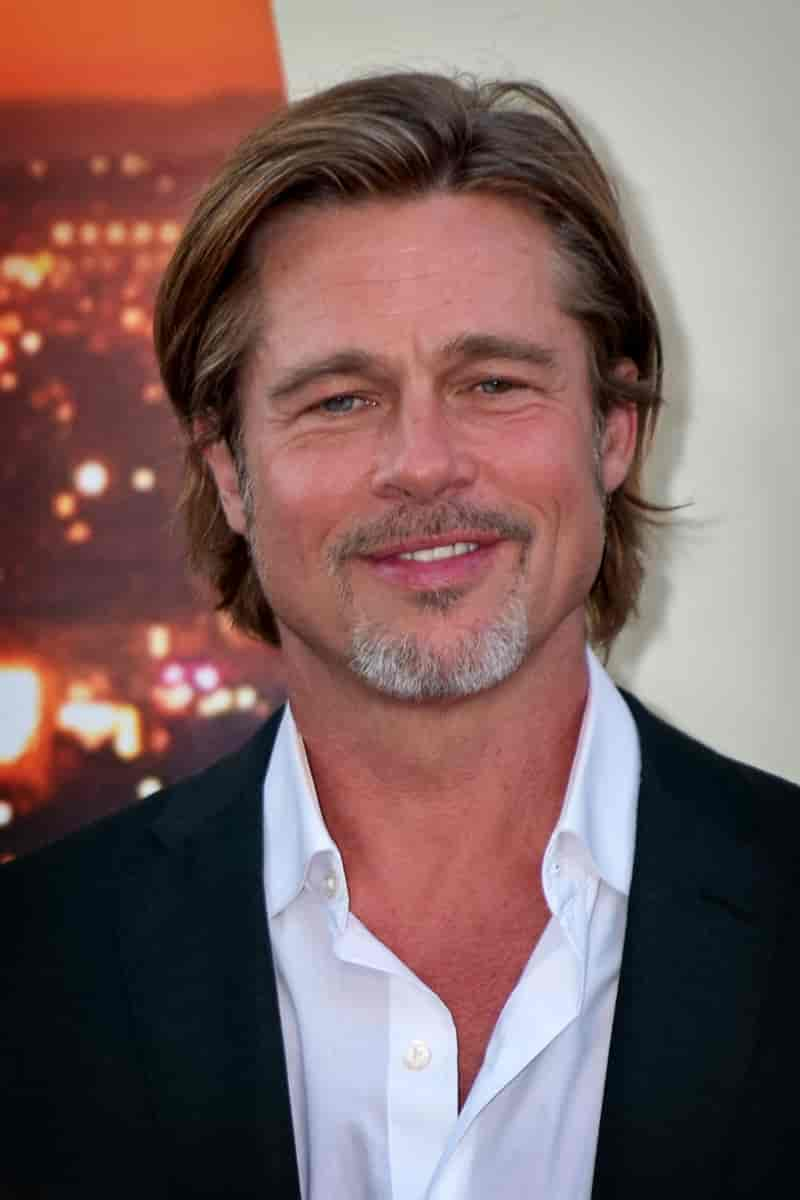
4. **Brad Pitt – *The Devil’s Own* (1997)**Brad Pitt, a name synonymous with leading man charisma and critically acclaimed performances, has a filmography most actors would envy. Yet, even within such an impressive body of work, there are roles that miss the mark, not just for audiences, but for the star himself. Pitt singled out 1997’s *The Devil’s Own* as his personal low point, a film he truly considered a “disaster.”
Speaking to Newsweek in the same year of its release, Pitt unleashed a scathing critique of the Alan J. Pakula film. He called it “the most irresponsible bit of filmmaking, if you can even call it that, that I’ve ever seen.” That’s not just a dislike; that’s a professional indictment! Such strong words from a usually composed actor underscore the depth of his dissatisfaction.
The film, a thriller about an IRA operative and an NYPD officer, reportedly suffered from script issues and production problems. Pitt’s candidness offers a rare glimpse into the chaotic realities of filmmaking, where even a star like him can find himself trapped in a project he deems utterly irresponsible. It’s a powerful reminder that not every creative collaboration blossoms into cinematic gold.

5. **Jessica Alba – *Fantastic Four* (2005)**Before the superhero genre dominated the box office, Jessica Alba stepped into the role of Invisible Woman in 2005’s *Fantastic Four*. Her experience on set was far from fantastic, leaving her with feelings so strong, she nearly walked away from acting altogether. This early pioneer of the modern superhero boom faced an unexpectedly disheartening journey.
In a candid interview with Elle, Alba revealed the true extent of her disillusionment, stating, “I hated it. I really hated it.” This visceral reaction stemmed from more than just a bad script; it highlighted a frustrating and dehumanizing aspect of the filmmaking process. Her experience underscores the pressure actors face, particularly women, to conform to unrealistic aesthetic standards.
The most striking example she cited was during the filming of *Fantastic Four: Rise of the Silver Surfer*, where a director instructed her, “It looks too real. It looks too painful. Can you be prettier when you cry? Cry pretty, Jessica’.” This kind of directive, demanding an artificial presentation of emotion, was so disheartening that it made her question her entire profession.

6. **Bill Murray – *Garfield: The Movie* (2004)**Bill Murray, a comedic legend known for his deadpan delivery, lending his voice to Garfield for a live-action animated film seemed intriguing. Little did we know, Murray’s involvement was the result of one of Hollywood’s most famously hilarious misunderstandings. Even brilliant actors can fall prey to a simple clerical error.
The story goes that Murray agreed to voice Garfield because he believed the script was written by Joel Coen of the revered Coen brothers. In reality, it was by a different Joel Cohen. As Murray recounted to GQ, the confusion dawned on him after a grueling session: “I was exhausted, soaked with sweat, and the lines got worse and worse. And I said, ‘Okay, you better show me the whole rest of the movie, so we can see what we’re dealing with.’”
Upon watching the film, the truth slowly revealed itself. “Who the hell cut this thing? Who did this? What the f*** was Coen thinking?’ And then they explained it to me: it wasn’t written by that Joel Coen.” This anecdote is pure Bill Murray – a blend of exasperation and comedic timing, perfectly encapsulating his feelings towards a project that was, quite literally, not what he signed up for.
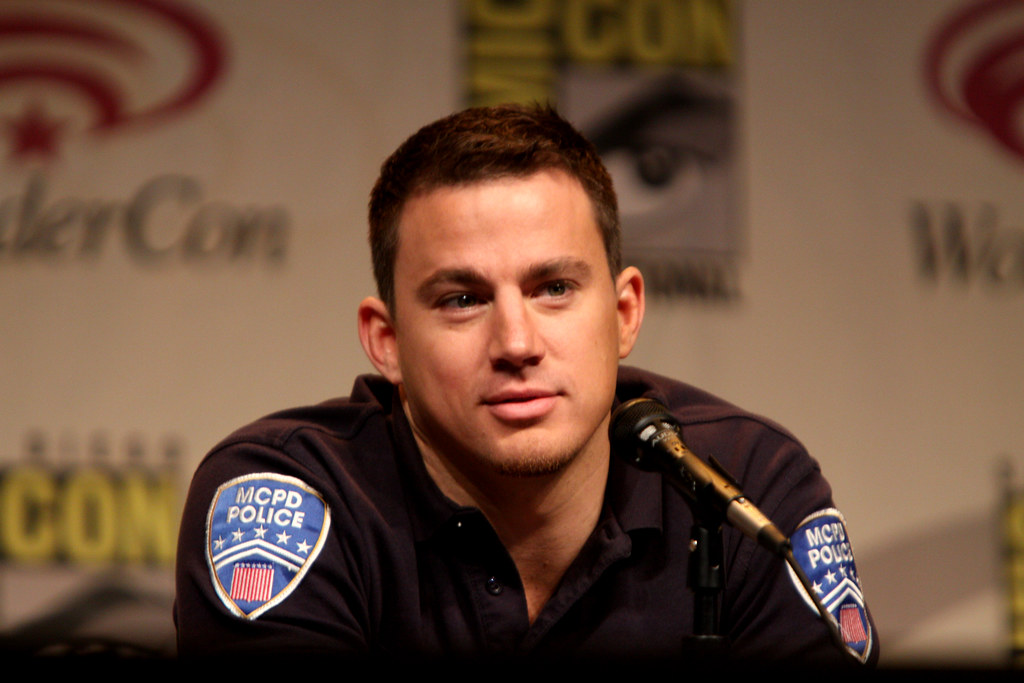
7. **Channing Tatum – *GI Joe: The Rise of Cobra* (2009)**Channing Tatum has carved out a successful career, but one particular blockbuster holds no fond memories for him: *GI Joe: The Rise of Cobra*. For a star who generally seems to enjoy his work, Tatum’s strong feelings about this film are a striking example of an actor being compelled into a role they fundamentally disagree with.
Tatum’s honesty about *GI Joe* is refreshing, stating, “I’ll be honest, I f***ing hate that movie.” His intense dislike wasn’t just about script quality; it stemmed from a deeper conflict between his personal admiration for the franchise and his professional obligations. He felt “pushed into doing it,” highlighting contractual pressures actors sometimes face.
He elaborated on his reservations, explaining, “The script wasn’t any good. And I didn’t want to do something that I – that I was a fan of since I was a kid and watched every morning growing up – and didn’t want to do something that was, one, bad. And two, I just didn’t know if I wanted to be GI Joe.” This reveals a genuine artistic integrity.
Tatum’s experience serves as a poignant example of how creative control and personal passion can clash with studio demands. While commercially successful, its legacy for its lead actor is one of profound regret and public disavowal, making it a standout entry in our collection of actors who truly hated their own movies.

8. **Michelle Pfeiffer – *Grease 2* (1982)**Michelle Pfeiffer. Her name evokes images of iconic, complex characters, from Catwoman’s allure to the tragic beauty of *The Fabulous Baker Boys*. She’s graced the screen with performances that resonate, earning her a place among Hollywood’s elite. But even the most celebrated careers have their early bumps, and for Pfeiffer, one particular film stands out as a genuine cinematic misstep in her own eyes: *Grease 2*.
Long before her acclaimed turn in *Scarface* or her Oscar nominations, Pfeiffer starred in the much-anticipated sequel to the beloved musical, a role that, by her own admission, she thoroughly disliked. She didn’t mince words when reflecting on the 1982 film, stating quite directly, “I hated that film with a vengeance and could not believe how bad it was.” It’s a remarkably candid confession from an actress of her stature, underscoring the deep disappointment she felt with the project.
This youthful foray into musical territory was, according to Pfeiffer, a result of inexperience. She added, “At the time I was young and didn’t know any better.” It’s a sentiment many can relate to, looking back at early career choices with the wisdom of hindsight. Thankfully for her, and for us, her instincts for a compelling script rapidly sharpened, leading her straight to Brian De Palma’s gritty classic *Scarface* just a year later, effectively launching her into a new echelon of dramatic performance and erasing any lingering memories of her high school musical sequel woes.

9. **Ryan Reynolds – *Green Lantern* (2011)**Ryan Reynolds has become synonymous with superhero success, primarily thanks to his snarky, fourth-wall-breaking portrayal of Deadpool. He’s mastered the art of self-deprecating humor, often turning his past cinematic misfires into comedic gold. Among those “misfires,” one stands out as a particularly sore spot for the actor, a film he famously hasn’t even watched all the way through: 2011’s *Green Lantern*.
Despite the massive budget and the promise of a new superhero franchise, *Green Lantern* landed with a thud, both critically and commercially. Reynolds, who played the titular hero Hal Jordan, has been remarkably open about his disdain for the movie. He candidly admitted he only saw enough of it to know it was a “disaster,” a sentiment that resonated deeply with fans and critics who felt much the same way after sitting through the film. It’s a rare level of transparency from a leading man, especially concerning such a high-profile blockbuster.
His feelings about the film were so strong, in fact, that he famously incorporated his regret into his breakout hit, *Deadpool*. In a brilliant meta-moment, his character is seen shooting a fictionalized version of himself in the head for considering the *Green Lantern* role. This playful jab not only solidified his reputation as a master of comedic timing but also served as a very public disavowal of his earlier superhero endeavor, transforming a career low point into a running gag.
More recently, Reynolds peeled back another layer of his *Green Lantern* experience, sharing his horrified reaction upon realizing just how bad the film was during its premiere. Imagine being the star of a massive tentpole movie, surrounded by industry executives and eager fans, only to watch your cinematic dreams crumble before your very eyes. It’s a vivid picture of a deeply uncomfortable professional moment, further illustrating why *Green Lantern* remains such a memorable, albeit regrettable, chapter in his illustrious career.

10. **Mark Wahlberg – *The Happening* (2008)**Mark Wahlberg has built a formidable career traversing genres, from gritty dramas like *The Departed* to action-packed blockbusters like *Transformers*. He’s known for his intense performances and no-nonsense persona. Yet, even Wahlberg has a film in his extensive resume that he’s more than willing to publicly disavow: M. Night Shyamalan’s critically maligned 2008 thriller, *The Happening*.
The premise itself was… unique, to say the least. The film centered on a mysterious environmental crisis causing people to commit mass suicide, apparently driven by plants releasing neurotoxins. Yes, you read that right: killer plants. The concept proved to be a difficult pill for audiences and critics to swallow, and Wahlberg found himself at the center of some truly bizarre scenes, including one where his character earnestly attempts to reason with a plant. It’s the kind of scenario that, when written down, sounds absurd, and unfortunately, watching it unfold on screen was equally, if not more, ridiculous.
Wahlberg himself hasn’t shied away from labeling *The Happening* a “bad movie.” His candid assessment came during a press conference for his much more successful film *The Fighter* in 2010. It takes a certain level of confidence and honesty to openly criticize your own work, especially when it was directed by someone as prominent as M. Night Shyamalan. His bluntness, delivered with his characteristic Boston charm, only made his dissatisfaction with the film more palpable and relatable to anyone who had sat through it.
During that same press conference, Wahlberg shared a particularly amusing anecdote that further cemented his feelings about *The Happening*. He playfully told his co-star Amy Adams that she “dodged a bullet” by not getting the role that eventually went to Zooey Deschanel. This lighthearted remark perfectly encapsulated his relief and confirmed that, despite his best efforts, some films just aren’t meant to be universally loved, even by their own stars. It’s a moment that continues to be replayed and chuckled over by fans who appreciate his brutal honesty.
Read more about: Still Can’t Believe You Watch Them? Dive into 12 Cult Classics Where Bad Acting Equals Legendary Fun.

11. **Viola Davis – *The Help* (2011)**Viola Davis is an undeniable force in Hollywood, a decorated actress renowned for her powerful, nuanced performances that command attention and respect. Her mantelpiece glitters with an Oscar, an Emmy, and multiple Tony Awards, a testament to her extraordinary talent. Among her many acclaimed roles, her performance as the maid Aibileen Clark in the 2011 film *The Help* earned her an Academy Award nomination. Yet, despite the critical recognition, Davis herself harbors deep regrets about being part of the film.
It might seem counterintuitive for an actor to regret a role that brought them such widespread acclaim, but Davis’s reasons stem from a profound artistic and ethical perspective. She publicly acknowledged her feelings in an interview with The New York Times, stating unequivocally, “Have I ever done roles that I’ve regretted? I have, and The Help is on that list.” This was a bold admission, especially for a film that resonated so deeply with audiences and critics alike, winning multiple awards and becoming a cultural touchstone.
Her dissatisfaction, she explained, wasn’t with her own performance, but rather with the narrative’s overall perspective. Davis expressed a yearning for a deeper exploration of her character’s inner world, arguing that Aibileen’s voice wasn’t sufficiently heard in the final film. “I want to know what it feels like to work for white people and to bring up children in 1963, I want to hear how you really feel about it,” she elaborated. “I never heard that in the course of the movie.” Her comments highlight a crucial point about representation and authentic storytelling, emphasizing that even well-intentioned films can miss the mark when it comes to truly empowering the voices they aim to represent.
Read more about: From Pioneers to Powerhouses: 11 African American Actors Who Redefined Hollywood and Left an Unforgettable Mark
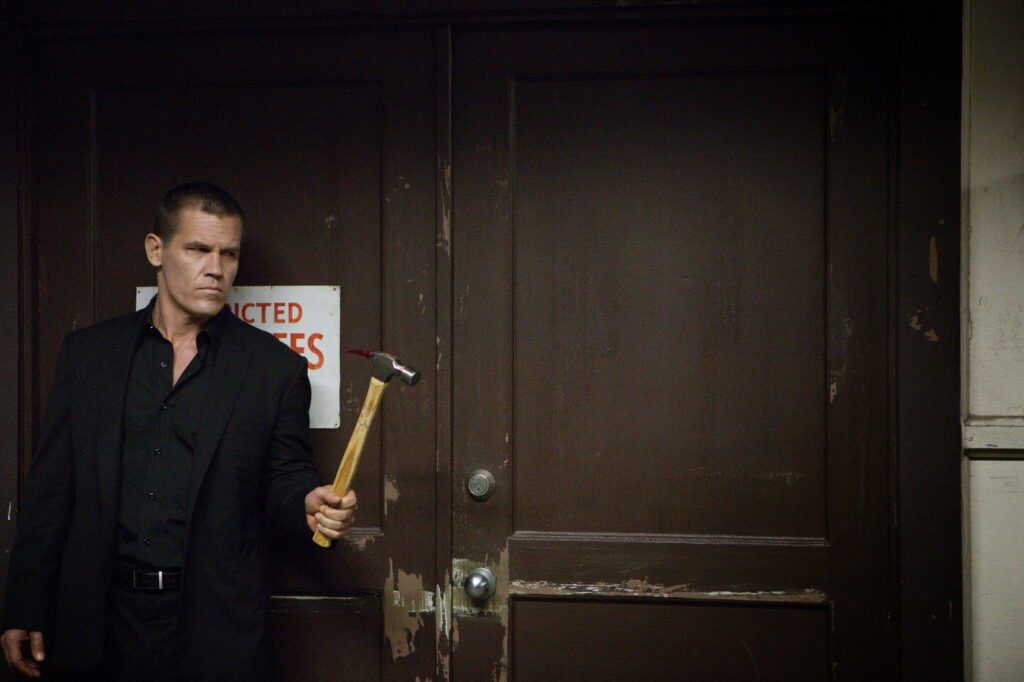
12. **Josh Brolin – *Jonah Hex* (2010)**Josh Brolin has cemented his place in modern cinema with a string of memorable, often imposing, performances, perhaps most notably as the formidable villain Thanos in the *Avengers* saga. Before he wielded the Infinity Gauntlet, however, Brolin took on another comic-book character, albeit one from a much darker corner of the universe: the scarred bounty hunter *Jonah Hex*. While the *Avengers* films were global phenomena, *Jonah Hex* was, by Brolin’s own admission, quite the opposite.
Released in 2010, *Jonah Hex* was not just poorly received by critics; it was outright savaged. And Brolin, ever the candid actor, believes it was entirely justified. In a 2014 interview with Total Film, he confessed, “I think it deserved that bashing for reasons that those critics will never know.” He opened up about the tumultuous production, revealing the eleventh-hour decision to bring on a new director, Jimmy Hayward, who was “an interesting young guy full of energy and he was obsessed with Jonah Hex.” Brolin recalled thinking, “This is either a really bad decision or a brilliant decision.’ [It was] really bad.”
His comments offer a fascinating, if disheartening, look behind the curtain of a troubled Hollywood production. It wasn’t just about a bad script or a flawed concept; it was about the chaotic reality of filmmaking, where artistic vision can get lost in the shuffle. Brolin’s willingness to share such personal insights into a film’s failure speaks volumes about his professional integrity and his commitment to quality, even when the final product falls short of expectations. It highlights the often-unseen struggles actors face when a project goes awry.
Brolin’s regret for the film extends beyond his own experience, reaching out to his talented co-stars. He recently expressed that he “still owes” Megan Fox, Michael Fassbender, and John Malkovich for putting them through the film. This sense of responsibility for his colleagues, even years later, further underscores the profound disappointment he felt with *Jonah Hex*. It’s a testament to the collaborative nature of filmmaking and the shared burden of a project that doesn’t quite hit the mark, leaving a lasting impression on everyone involved, especially its leading man.

13. **Jim Carrey – *Kick-Ass 2* (2013)**Jim Carrey is a comedic icon, a master of physical humor and dramatic intensity, capable of transforming any role into something uniquely his own. His career is filled with unforgettable characters and box-office hits. However, even a star of Carrey’s magnitude has moments where his personal convictions clash dramatically with his professional work. Such was the case with his role in the 2013 violent superhero sequel, *Kick-Ass 2*.
Following the horrific shooting at Sandy Hook Elementary School in 2012, Carrey found himself in a profound moral dilemma regarding the level of violence depicted in *Kick-Ass 2*. His stance became very clear when he publicly distanced himself from the film, stating on Twitter, “I did Kick-Ass a month before Sandy Hook and now in all good conscience I cannot support that level of violence.” This was a powerful and courageous declaration, especially coming from a prominent actor in a film that was still in its promotional cycle.
Carrey’s decision to speak out was not taken lightly, reflecting a deep personal conviction to advocate against real-world violence, even if it meant disavowing his own work. He didn’t just quietly step back; he offered a public apology, writing, “My apologies.” This act of publicly regretting his involvement, not for the film’s quality, but for its ethical implications in the wake of a national tragedy, made headlines and sparked important conversations about the responsibility of filmmakers and actors in portraying violence, demonstrating that for some, the impact of their art transcends mere entertainment.

14. **Katherine Heigl – *Knocked Up* (2007)**Katherine Heigl rose to prominence as a beloved star of romantic comedies and television dramas, known for her charming screen presence and relatable characters. One of her most iconic and enduring roles was in Judd Apatow’s hit 2007 comedy, *Knocked Up*, where she played Alison Scott, a career-driven woman who unexpectedly gets pregnant after a one-night stand. The film was a massive success, catapulting her into leading lady status. However, despite its popularity, Heigl found herself with significant reservations about the movie’s underlying themes.
In a revealing 2008 interview with Vanity Fair, Heigl didn’t hold back, candidly describing her discomfort with the film’s perceived gender dynamics. She famously called the movie “a little ist,” explaining her reasoning by saying, “It paints the women as shrews, as humourless and uptight, and it paints the men as lovable, goofy, fun-loving guys.” This critique struck a chord with many, sparking a wider discussion about the portrayal of women in contemporary romantic comedies and the often-unequal comedic treatment of male and female characters.
Heigl further elaborated on her struggles during production, admitting, “It exaggerated the characters, and I had a hard time with it, on some days.” Her honesty provided a rare glimpse into the internal conflicts an actor can face when a role or a film’s message doesn’t align with their personal values, even if it brings them commercial success. While her comments initially generated some controversy and pushback, she later issued a public apology to Judd Apatow for the way her remarks were perceived, demonstrating a willingness to address the fallout while still standing by her original artistic concerns. It’s a prime example of an actor using their platform to voice an opinion that resonates beyond the silver screen.
Read more about: From Tweets to Tirades: 13 Celebrities Who Absolutely Tanked Their Own Careers
These candid confessions, from the likes of Michelle Pfeiffer to Katherine Heigl, serve as a fascinating reminder that Hollywood isn’t always glitz and glamour, even for the biggest stars. They pull back the curtain on the creative compromises, the contractual obligations, and the sometimes outright misjudgments that occur in the dream factory. Whether driven by creative integrity, personal convictions, or simply the realization of a cinematic dud, these actors’ honest revelations offer a unique and refreshing perspective. Their willingness to speak their truth reminds us that behind every iconic role – and every regrettable one – there’s a human being with their own journey, their own standards, and sometimes, their own very strong opinions about the films they helped bring to life. It’s a refreshing dose of reality in an industry often built on illusion, proving that even in Tinseltown, honesty is always the best policy.

